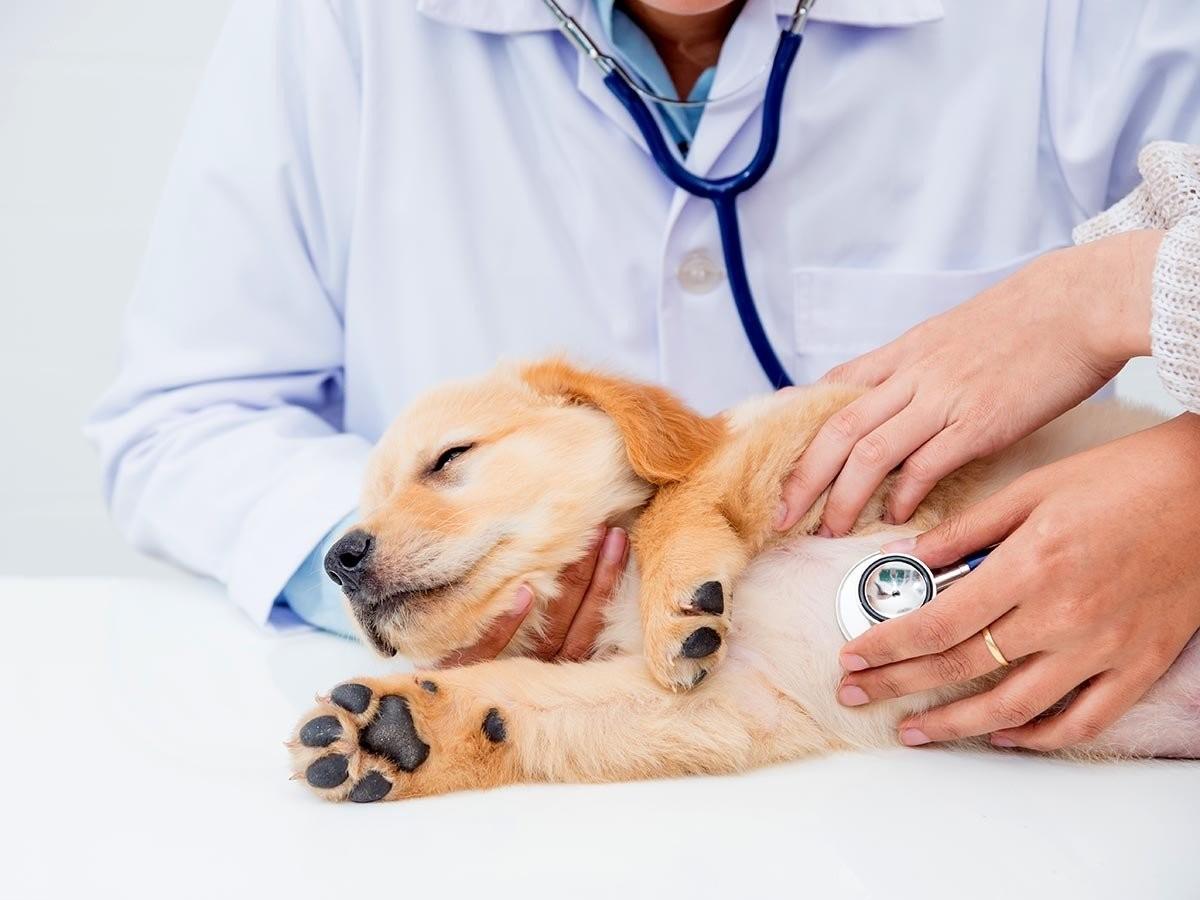Cataracts can be a problem for pets that can cause many complications later in life. Some causes of cataracts include genetic inheritance, metabolic disturbances, trauma, nutritional imbalance, and chronic uveitis1. It is recommended that you help your pet with cataracts before they mature. According to Dr. Kelly Knickelbein, “The ideal time to perform cataract surgery is prior to the cataract becoming mature, as more advanced cataracts (mature and hyper-mature) are more likely to cause lens-induced intraocular inflammation, lens instability, and loss of lens capsule integrity.”1 On top of being difficult for your pet to go through, cataracts can be expensive to deal with - in fact, according to internal claims data, bilateral cataract surgery could cost up to $5,785.4†.
Cost of Cataract Surgery with Average Payout
Average Cataract Surgery Cost | Spot Payout |
$5,785.4† | $4,356.8† |
What Factors Impact the Cost of Pet Cataract Surgery?
There are many factors that can impact the cost of a pet’s cataract surgery. Some examples include the specifics of the procedure and the veterinary ophthalmologist’s expertise2. The cost of the surgery may include the following:
Examinations
Diagnostics
Anesthesia
Surgery
Post-operative monitoring
Is Cataract Surgery for Pets Worth It?
While the final decision to have your pet go under cataract surgery should be made with the assistance and advice of a trained veterinarian, there are many benefits to cataract surgery for pets. According to Goodrx.com, “the operation restores sight and has a success rate of 80% to 90%.”2 An important aspect of cataract surgery is that it can prevent secondary issues associated with cataracts including glaucoma, lens luxation, retinal detachment, and lens-induced uveitits2.
Read more: Is Pet Insurance Worth It?
Which Breeds Are More Likely to Develop Cataracts?
According to Northwest Animal Eye Specialists3, some breeds that are prone to cataracts include the American Cocker Spaniel, Bichon Frise, Boston Terrier, Golden Retrievers, and Siberian Huskies.
Does Pet Insurance Cover Cataract Surgery?
Pet insurance plans like the ones that Spot offers can help pay for significant eligible vet expenses like cataract surgery if they are not pre-existing. A pre-existing condition is typically any injury, illness, or health issue your pet has been diagnosed with or displayed signs/ symptoms of before obtaining pet insurance coverage, including during any waiting periods for the policy. This is why it’s so important to get pet insurance early in your pet’s life —if you wait, it may be too late to get coverage for these conditions.
Which Plans Can Help You Pay for Your Pet’s Cataract Surgery?
For pet cataracts, your best bet is to go with an accident and illness plan. These plans cover injuries and most pet illnesses, including canine cataracts.
Related Readings

With 10 years of experience as a pet parent, I aim to empower pet owners with insights into pet insurance and maintaining their pet's well-being. I aspire to be a trusted source, combining knowledge with a commitment to the welfare of our beloved pets.

As Spot’s resident cat enthusiast, I am dedicated to researching and sharing information that helps pet owners take the best care of their pets. Pet ownership comes with it’s share of challenges, but my goal is to help make this journey easier.
† Jan 2019 to May 2024 administrative claims data. Includes total reimbursement for accident, illness, and wellness. Individual reimbursement results and coverage vary based on plan type.













